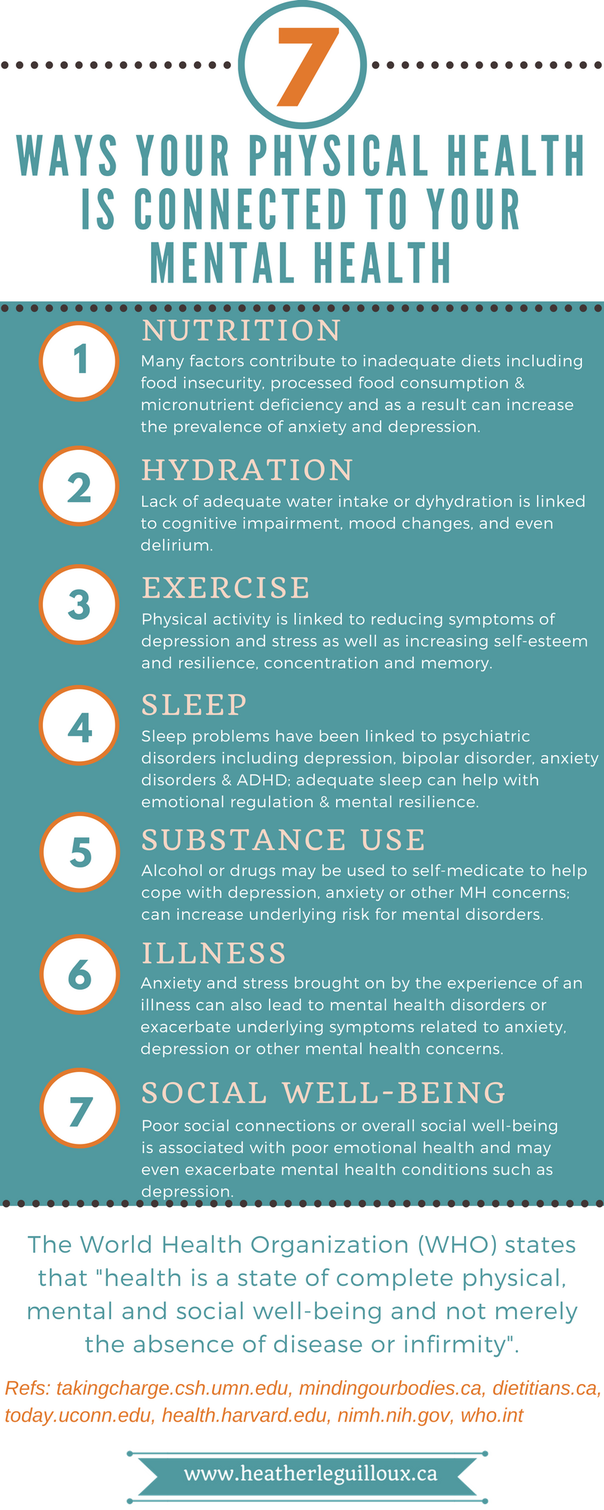Don't stay alone. Ah, homework, an obligatory workout demanded by numerous teachers in high school. It is not a fun activity; more typically than not, it primarily includes exercises to train the trainee for upcoming tests. A survey led by the University of Phoenix exposes that high school trainees need to handle an average 17.5 hours of homework each week.
And if students fail to hand in homework, they will get a bad grade, so they can't enable themselves to just leave it. Everything needs to be done, otherwise. Numerous think research is bad for children, simply due to the fact that they need time to get some rest for their developing minds. A student left his seat without warning, walked towards the window, and began to sob uncontrollably. Henderson approached the student, who quietly told her that the previous night he had actually made a deal with the devil, but wished he hadn't. "I slipped up. Offer me my soul back!" he screamed.
Relatively assured, he quietly went back to his seat. This wasn't the very first time Henderson had actually dealt with a scenario with a trainee whose habits demonstratrated a mental health concern. However this particular occurrence made her realize that the patchwork of resources offered to teachers in her school and district that were created to help students who may be facing mental disorder wasalthough marginally usefulinadequate.
Eventually, she established a workshop geared toward teachers who were searching for fundamental info, ideas, and strategies on methods to develop a much better knowing atmosphere for students who have a mental illness. Henderson carried out the workshop at expert advancement conferences sponsored by the Virginia Education Association. The workshop just "scratches the surface," Henderson says, however the teachers at her presentations were always grateful for the info.
Even though teachers can be extremely effective in identifying red flags in trainee interactions and habits, states Theresa Nguyen, vice president of policy and programs at Mental Health America, "our instructors are already pressed to the max." "It's best that they be viewed as partnerswith moms and dads, the administration, the communityin assisting students with mental health challenges," Nguyen states.
public education system just isn't attending to trainee mental health in a detailed method. The magnitude of the issue can not be overstated. At least 10 million trainees, ages 1318, require some sort of professional help with a mental health condition. Anxiety, stress and anxiety, attention-deficit hyperactivity condition (ADHD), and bipolar illness are the most typical psychological health diagnoses amongst kids and teenagers.
The Child Mind Institute reports that half of all mental disorder happens before the age of 14, and 75 percent by the age of 24highlighting the immediate requirement to produce systemic approaches to the issue. "One in 5 students in this country requirement treatment," says Dr. David Anderson, senior director of the Institute's ADHD and Habits Disorders Center.
Not known Details About How Does Stress Affect Mental Health

Interest among lawmakers, nevertheless, is a relatively new pattern, triggered mostly by the wave of mass shootings. There is also a growing awareness of the stress and anxiety gripping so numerous teens, the role of trauma in their lives, past due analysis over punitive school discipline policies, and the destructive results of poverty.
" The general public's natural response is to state we need more mental health services and programs, and we do," Reamy adds (how does sleep affect mental health?). However much of the nationwide discussion has actually been naturally reactive, focusing on "crisis response" to school shootings in particularrather than an organized technique to helping students with their mental health requirements.
" The research study is extremely clear that when a school has a system-based, evidence-based, whole school method, all students are more engaged academically," says Anderson. Such programs vary but they generally offer substantive expert advancement for staff, workshops, resources, and have social and psychological knowing competencies incorporated into the curriculum. According to a 2014 study by the Center for Health and Healthcare in Schools, students who get positive behavioral health interventions see improvements on a variety of habits connected to scholastic accomplishment, beyond letter grades or test scores.
Regardless of the apparent return on investment, thorough mental health programs are still just scattered across the nation. Lots of resource-starved districts have cutor never had on staffcritical positions, particularly school psychologists, undermining their schools' capability and capability to appropriately attend to these difficulties. While districts might look at working with more school counselors to fill spaces, Kathy Reamy cautions that their role is frequently misconstrued.

However genuine improvement to school psychological health programs does not and should not end with hiring more therapists. "The services they supply are usually responsive and brief therapy in nature," discusses Reamy. "The misunderstanding of the role of the counselor frequently either avoids trainees from coming to us at all or they come anticipating long-term therapy, which we just don't have the time to offer." The stigma around mental health is another obstacle to getting more services in schools.
We're seeing development that ideally will continue. We can't wait until a student is at a crisis state. Like diabetes or cancer, you Drug Detox ought to never ever wait until phase 4 to step in." - Theresa Nguyen, Mental Health America Still, more students are requesting help from their school. "We're finding that youths are more eager to talk about these problems, states Nguyen.
As important as the job is, many Addiction Treatment see it as another person's job (how does mental health affect a person's job). The change in perspective is a powerful culture shift for lots of communities. "What makes it a little harder is the requirement to change how we see studentsspecifically, thinking less about a students' belligerent behavior, for example, and more about the reasons for that behavior," says Joe O'Callaghan, the head of Stamford Public Schools social work department in Connecticut.
The Definitive Guide for How Does Exercising Affect Mental Health
" You have to ensure the whole school understands how to support these kids," O'Callaghan says. "In some cases what happens is a student will feel a great deal of assistance and motivation from a social worker. However then they'll return into the school and might not receive the exact same understanding from the instructor, the principal, the security guard, whomever.